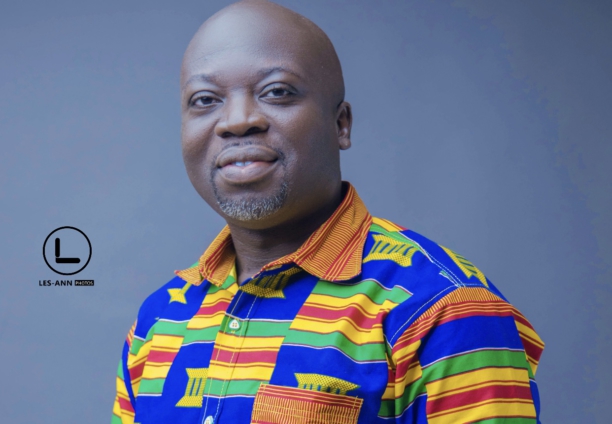The Director of Policy Planning, Research, Monitoring and Evaluation at the National Commission on Culture, Dr. Fio Richardson Commey, has remonstrated the decision by Ghana’s government to solicit financial support from foreign powers to fashion out its Cultural Policy.
Speaking in an interview with Showbiz A-Z on Joy FM, he told Kwame Dadzie that the 2004 Cultural Policy of Ghana was sponsored by the German Government and its review is funded by the World Bank.
He also intimated that allowing foreign influences into Ghana’s cultural framework could be inimical to what Ghanaians represent.
“When it comes to culture, as a country, we need not to be relying on Western support because that is fundamentally where your right and identity can be targeted. We are now talking about LGBTQ+. Can the Cultural Policy today be clear on the Ghanaian stance and position on something LGBTG+?” he asked.
The Cultural Policy Document is dedicated to the realisation of the vision of the people of Ghana to respect, preserve, harness and use their cultural heritage and resources to develop a united, vibrant and prosperous national community with a distinctive African identity and personality and a collective confidence and pride of place among the comity of nations.
It seeks to create awareness of the traditional values and generate pride and respect for the nation’s heritage.
It is also aimed at enhancing the role of the media as channels for promoting understanding of our cultural values and the potential of the rich diversity of ethnic expressions for nation building.
Aside from that Ghana's Cultural Policy intends to make the people of Ghana aware of the contemporary relevance of their traditions and cultural heritage and assist local communities to mobilise their cultural resources for human and material development.
Among other things, the 2004 Ghana Cultural Policy is targeted at eliminating, through public education, and appropriate legislation, cultural practices that lead to the abuse of the rights of the individual on account of ethnic differences, gender, age, and religion.
It was first sanctioned in 2004 and is currently going through a review to reflect the changing times.
Latest Stories
-
Samsung’s AI-powered innovations honored by Consumer Technology Association
13 mins -
Fugitive Zambian MP arrested in Zimbabwe – minister
31 mins -
Town council in Canada at standstill over refusal to take King’s oath
42 mins -
Trump picks Pam Bondi as attorney general after Matt Gaetz withdraws
54 mins -
Providing quality seeds to farmers is first step towards achieving food security in Ghana
1 hour -
Contraceptive pills recalled in South Africa after mix-up
2 hours -
Patient sues Algerian author over claims he used her in novel
2 hours -
Kenya’s president cancels major deals with Adani Group
2 hours -
COP29: Africa urged to invest in youth to lead fight against climate change
2 hours -
How Kenya’s evangelical president has fallen out with churches
2 hours -
‘Restoring forests or ravaging Ghana’s green heritage?’ – Coalition questions Akufo-Addo’s COP 29 claims
3 hours -
Ensuring peaceful elections: A call for justice and fairness in Ghana
4 hours -
Inside South Africa’s ‘ruthless’ gang-controlled gold mines
4 hours -
Give direct access to Global Health Fund – Civil Society calls allocations
4 hours -
Trudeau plays Santa with seasonal tax break
4 hours

